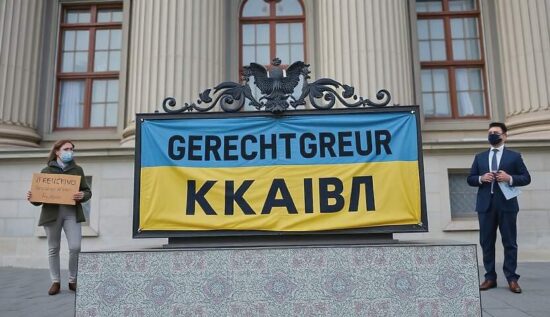A recent change in the assessment of social need by the Fonds Soziales Wien (FSW) has led to temporary suspensions of basic services for Ukrainian refugees in Vienna. This has caused significant uncertainty within the Ukrainian community in the city.
Currently, around 14,000 Ukrainian refugees are registered for basic support in Vienna. Each adult receives up to 165 euros per month for rent and 260 euros for food, while families can receive higher amounts. The Caritas, acting on behalf of the FSW, distributes these funds.
Since October 2024, the FSW has tightened the criteria for granting these benefits, particularly for new applicants or those with changes in their personal situation. This new policy is based on a revised funding directive. Additionally, all working-age Ukrainian refugees are required to register with the Austrian Employment Service (AMS).
The stricter assessments have resulted in many beneficiaries not receiving financial support for months. Some have been forced to rely on free meals or struggle to pay for their accommodations. The Caritas in Vienna confirmed that many asylum seekers are also affected by the prolonged verification process.
“A Caritas representative told us that an assessment is taking place, but we don’t know more. People have no money to buy food and can’t pay for their accommodation” said a Ukrainian to the Standard.
A FSW spokesperson emphasized that the verifications will be completed within a few weeks. Those deemed truly in need will receive the outstanding benefits retroactively. The situation has since improved, but the stricter regulations for basic support remain in place.
In parallel, Austria is planning to introduce a prepaid card for refugees to make social benefits more efficient and prevent abuse. This card will replace cash payments and prevent wire transfers abroad. The implementation is scheduled for 2025, with not all federal states participating in the system.
A Ukrainian woman, who has not received any money since December 2024, described her precarious situation, saying, “I live with my daughter, who works. I must pay the rent.”
The long wait for basic support affects not only Ukrainians but also many asylum seekers, who are also subject to the prolonged verification process. According to the Caritas, these verifications will be completed within a few weeks, with those in need receiving benefits retroactively and special rules applying to residents of organized accommodations.





